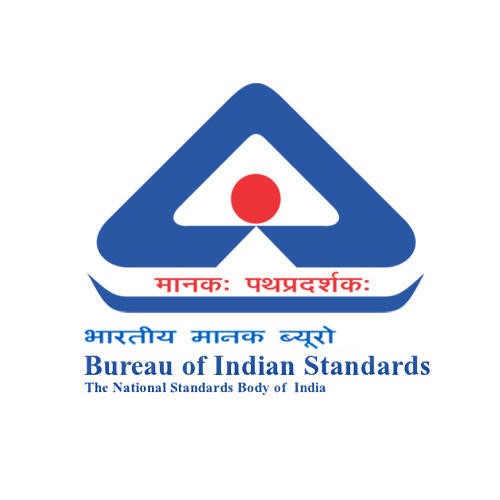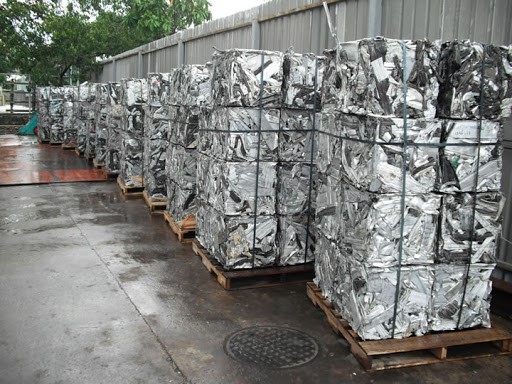您想继续阅读英文文章还
是切换到中文?
是切换到中文?

THINK ALUMINIUM THINK AL CIRCLE

Aluminium Industry experts are reportedly emphasising the urgent need for BIS (The Bureau of Indian Standards) quality standards for aluminium scrap to hinder the imports and use of cheap and sub-standard scrap in India. The BIS standards will ensure quality, environment, and safety concerns as per the global benchmarks to facilitate fair trade of aluminium scrap and enable the availability of the right quality of scrap with zero harmful effects on the environment.

Since the time China implemented National Sword Policy and other measures to restrict scrap imports, the entire global scrap chain started directing towards India. Besides, lack of sufficient tariff and non-tariff barriers, low import duties, and absence of BIS quality standards for recycling and usage of scrap has further fuelled the increase of aluminium scrap imports into India. Hence, India has now outperformed China in aluminium scrap imports and emerged as the largest scrap importer in the world.
This has not only affected the domestic scrap industry but also led to high consumption of unchecked, sub-substandard scrap across the nation. India’s consumption of aluminium scrap is 100% import dependent, despite having primary aluminium production capacity and potentiality to generate enough domestic scrap.
The incessant increase in India’s aluminium scrap imports is also posing a serious threat to the primary aluminium industry. India’s scrap imports increased from 52% in FY16 to 63% in FY20, resulting in Forex outgo of $20 billion (INR 14,000 crore).
Experts have pointed out that India, unfortunately, does not have adequate institutional mechanisms to check proper collection, sorting, and processing of domestic or imported scrap.

First, an institution of proper standards for aluminium scraps needs to be initiated to develop a nurturing ecosystem for the metal in the country. Post which, measures can be implemented to promote the circular economy and domestic recycling industry to reduce import dependency.
Countries with high aluminium consumption like China and parts of the European Union have already laid down strict standards and guidelines for scrap imports and processing and pre-processing of scrap. These countries follow ISRI (Institute of Scrap Recycling Industry) guidelines along with hazardous waste management practices.
ISRI classification is also used by Indian recyclers when it comes to international trading as it provides global guidelines for the classification of scrap into different types for commercial purposes.
Most of the aluminium scrap finding its way to India is from the United States. In FY20, India witnessed the highest ever scrap imports from the US, an increase of 327% since FY16. So, from 8% in FY16, the share of scrap imports from the US to India rose to 24%.
Responses








